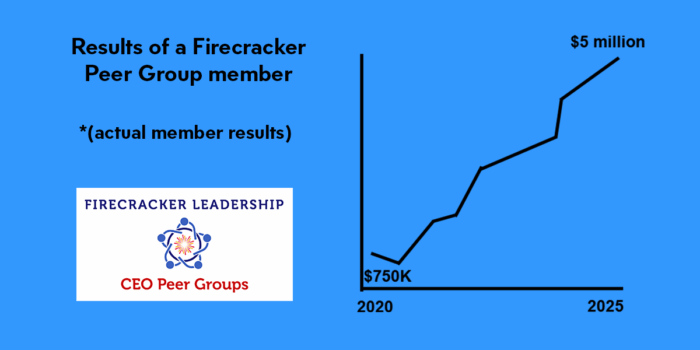My Wednesday Wish for You: To Be Your Own Best Friend We often push ourselves harder than anyone else ever…
A client just told me: I used to think it was the 20-something’s that had all the good ideas. Now that I’m in my 40s I think it’s the 40-something’s. Here’s an idea to approach the new labor market with a different lens.
The Great Resignation is one of today’s labor crises. A recent Bloomberg headline warned: America is Facing a Great Talent Recession. Daily headlines warn us companies are desperate for talent; however, despite the importance of Diversity, Equity, Inclusion, and Accessibility, what isn’t on the front burner is gender agism. However, despite the worker shortages, experienced, talented baby boomers continue to find themselves on the sidelines. It is time to recognize that you may limiting your options unless you tap into mature talent.
Critical thinking, a history of cross-functional collaboration, teamwork, and independent work are noted as the skills required for 2022. There is no group more qualified to play mental aerobics than a mother who juggled work and children, a female executive who linked arms with peers to battle their way through previously male-dominated industries, or a male executive who stepped back at the height of his game to manage a complex illness. Forty-, fifty-, and sixty-somethings are the perfect in-house partners and mentors to staff members for whom the pandemic was their initial introduction to managing during a crisis.
For 15 years, my sister and I owned an advisory firm helping companies implement change strategies in the areas of operations and brand management to build profits. We assembled a national team of independent professionals with hands on and proven success as senior level managers of Fortune 500 companies, startups, and international business. Because of their technical skills combined with the strong process capabilities developed during the era of Andy Grove’s High Output Management and Stephen Covey’s The 7 Habits of Highly Effective People, our teams could be inserted at the last minute of a product launch or quickly design and implement systems which enable a company to compete in new markets.
We and our clients valued experience; however, not every employer does. Recently, I spoke with two accomplished female executives in their early 60s with operational, management, and financial expertise who were told their skills were too stale, and they were effectively unemployable. Math is still math. Proven project managers who have a track record of responsibly managing millions of dollars have transferrable skills to other opportunities in the corporate environment. They are more than today’s authors, philanthropists, mentors, community leaders, and adjunct professors. They belong on the front lines of the workforce.
In a recent Dialogue article, tech CEO Auren Hoffman suggested “To find A-Players in a downturn, look for people that other people in Silicon Valley would discriminate against.” In his list, he included the Boomer generation and individuals who had not gone to Tier 1 schools. This is a double whammy for the 50+ women who did not have legacy access to an Ivy League or top-tier technical schools as women weren’t heavily recruited there in the 1980s. Even, a top ranked state school like the University of Virginia did not accept women until the mid-1970s. Smart companies will expand their filters and focus on valuing those who were first in their field even if they did not attend Harvard, Stanford, or MIT.
Hybrid work environments require adaptability and productivity. Those who embrace process and have the experience executing quickly are in high demand. More importantly as noted in the HR Spark Hire article, “This is Why You Need to Hire Baby Boomers,” their confidence and connections allows you to tap a valuable group who “know what they want.”
Here are a few tips to consider as you manage during these turbulent times:
- Create job-sharing options that pair best-of-class performers around project goals.
- Pairing older and younger workers who agree to a process that meets management and employee goals could not only provide a bridge between the pandemic and business stability, but also you may find yourself with peer-mentoring and cross-training opportunities.
- Use the limited-term employee status to provide your company with the flexibility to design management functions within shorter timelines. This allows you to manage your liabilities while providing stability during a time of economic fluctuations.
- Maintain a cadre of seasoned professionals who are willing and able to accept projects of varying lengths. Stay in touch with them between gigs and encourage employees to think of them as long-term team members even if their engagement ebbs and flows with the needs of the day as when needs arise they can seamlessly integrate.
Flexible options, maximizing experiences, and connectivity will best enable organizations to deliver for their customers and communities. A strong workforce means creatively tapping into all of our best assets as we are all managing this pandemic world together.



